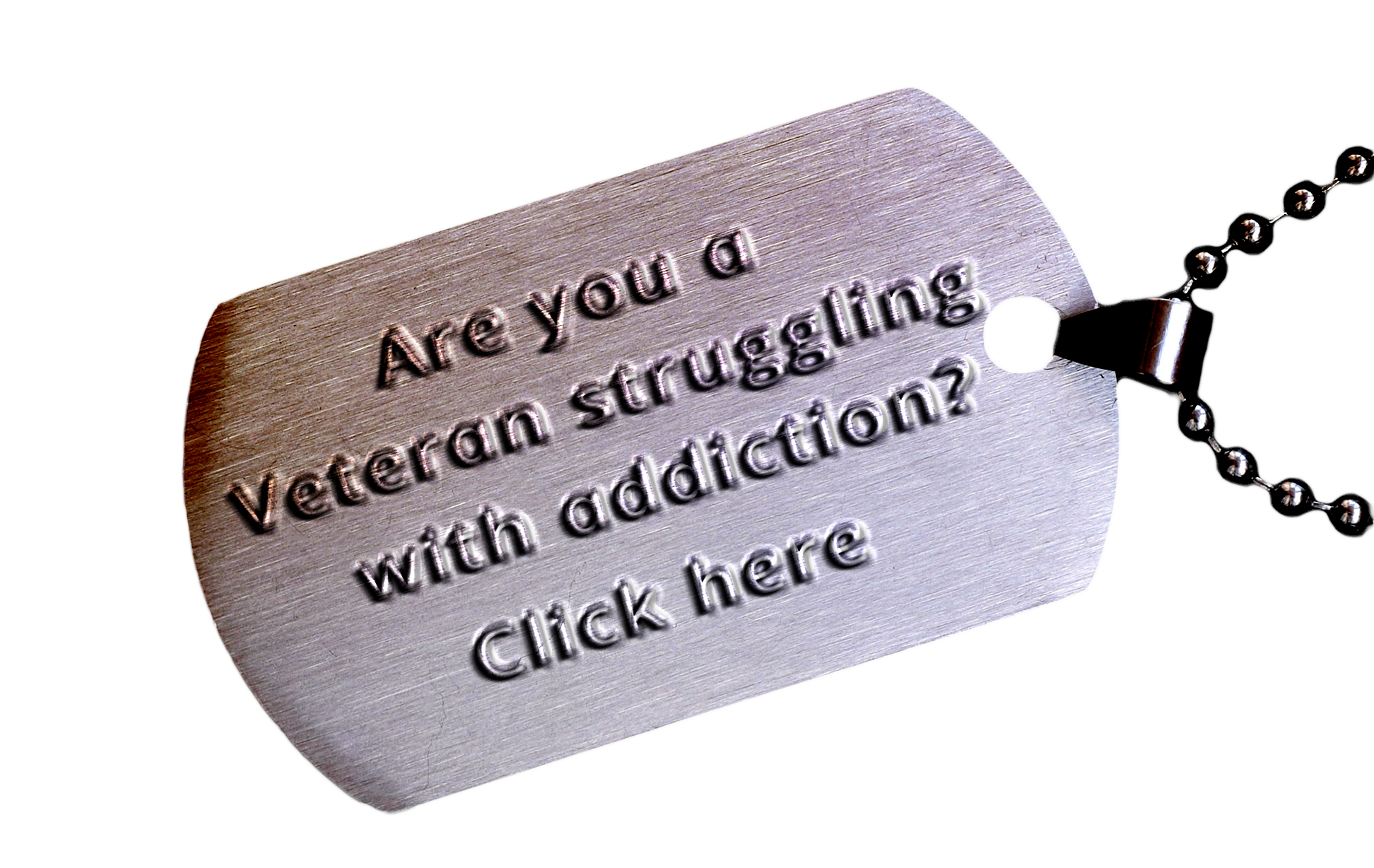More and more states are legalizing either the medicinal or recreational use of marijuana. Many individuals consider smoking marijuana as an innocuous act that can't lead to any serious risks. Interestingly, many people who suffer from substance use disorder defend the magical plant the most.
Marijuana abuse is a serious issue that can have a detrimental effect on a person's health, social life, and overall well-being.
Though it is a popular recreational drug, it can also have serious effects on an individual's mental and physical health, which can range from mild to severe, depending on the person and the amount used. Symptoms of marijuana abuse can vary, but there are certain signs that individuals should be aware of in order to avoid major health issues, or needing a drug use rehab program to break the habit.
Keep on reading and learn everything about marijuana signs and symptoms of abuse.
What Is Marijuana?
Marijuana is usually smoked or used in the form of various edibles, such as candies, brownies, or cakes. It can also be vaporized, consumed in oils and tinctures, or brewed as tea (particularly for medical purposes.)
Marijuana is made up of various compounds, including over 400 chemicals. But the two most popular and most studied are THC and CBD.
THC (short for tetrahydrocannabinol) is responsible for the psychoactive effects of marijuana. In other words, this chemical is the one that makes a person "high." It produces the mind-altering effects that classify marijuana as a "drug."
CBD (short for cannabidiol) is commonly used for medical purposes. While it doesn't make an individual "high" and causes little to no psychoactive effects, CBD is considered a safe form of marijuana. It's known for reducing pain and inflammation and benefiting overall health and well-being.
The study on the medical properties of CBD is still ongoing, as well as the methods of breeding marijuana plants with high CBD and low THC for both medicinal and recreational use. Marijuana is a drug anyway, like alcohol, cocaine, or ecstasy. And like those other drugs, it has adverse effects that can be dangerous for one's health.
Marijuana Use Statistics
According to Gallup's annual Consumption Habits poll, conducted July 6-21, a staggering 49% of U.S. adults have tried marijuana at least once.
According to Paw Research Center, 88% of U.S. adults say that marijuana should be legal for both medical and recreational use. In other words, only one person out of ten considers legalizing marijuana a detrimental mistake.
The Drug Abuse Warning Network (DAWN) has released data on drug-related ER visits, and marijuana is one of the most frequently reported drugs. This data shows that the number of marijuana-related ER visits has increased significantly in recent years. Not only that, but these visits often involve individuals who are suffering from multiple mental health conditions, often in addition to marijuana use.
Signs of Marijuana Abuse
The most common physical symptoms include red eyes, the feeling of being “high” or euphoric, dry mouth, increased appetite, and increased heart rate. Some mental and behavioral symptoms include impaired concentration, distorted perception, and mood swings. Let's discuss some other symptoms in detail.
People abusing marijuana may become more irritable, experience memory problems, or show a lack of motivation. They may become more withdrawn, avoid activities they once enjoyed, or neglect their responsibilities.
One more common sign is changes in physical appearance. People who are abusing marijuana may start to be sloppier in the way they dress or change their hairstyle or clothing style. They may also become more physically inactive and gain weight.
Some other effects of marijuana abuse are problems with coordination and memory. Substance users may have trouble keeping track of time, may be slower to react, or may have difficulty following directions. They may also forget important dates or forget tasks they had planned to do.
Marijuana abuse can also lead to physical health problems. For example, marijuana users may have an increased risk of developing bronchitis or other respiratory infections. They may have trouble sleeping, have changes in appetite, or experience nausea and vomiting. Additionally, marijuana users may have an increased risk of mental health problems, including depression and anxiety.
Also, people who abuse marijuana may find themselves engaging in activities that are dangerous or illegal, such as driving under the influence.
If you've noticed any of the above-mentioned signs of marijuana use in someone of your nearest and dearest, you should immediately talk to them and try to help or find treatment.
If you see that a person has drastic changes in appearance and behavior, he or she may suffer from marijuana abuse, which goes toe to toe with addiction.
In most cases, long-term marijuana use leads to tolerance and addiction. And if one suddenly stops abusing the drug, marijuana withdrawal symptoms may occur. These symptoms can include headaches, nausea, insomnia, irritability, and cravings.
Is Marijuana Abuse a Serious Problem?
Marijuana abuse is a serious problem, which often starts as a hobby and, all in all, turns into a psychological addiction. One of the most important concerns is mental issues.
Mental illness is linked to marijuana abuse and addiction, as many individuals use marijuana as a means of self-medication for mental health problems such as depression, anxiety, and PTSD. Many individuals who have a mental health disorder and use marijuana are at serious risk of developing co-occurring disorders.
It's vital to be aware of the signs and symptoms of marijuana abuse to identify and treat marijuana addiction in a timely manner.
Recognizing Marijuana Addiction
Typically, the majority of people addicted to marijuana don’t feel good unless they get high.
If a person experiences at least two of the following symptoms, he or she may suffer from marijuana addiction:
Steps to Recovery
The Bottom Line
Marijuana abuse features plenty of signs and symptoms, including red eyes, the feeling of being "high" or euphoric, dry mouth, increased appetite, increased heart rate, impaired concentration, distorted perception, mood swings, panic attacks, etc.
All of the marijuana abuse symptoms, which only develop with the duration of the drug use, lead to addiction, affecting all aspects of life. That's why it's vital to seek help immediately if you've noticed someone is suffering from marijuana abuse or you are experiencing the issue.
Here is where the leading Addiction Treatment and Mental Wellness Center, Miracles Asia, can help. Located in Thailand, on the beautiful island of Phuket, Miracles Asia won't leave any chance for your addiction!
With our personalized approach to treating drug addiction, that has a proven record of success since we opened in 2017, your recovery is our priority. In case you face the pain of relapse within one year of leaving Miracles Asia, we'll treat you for a 30 days with no charge!





